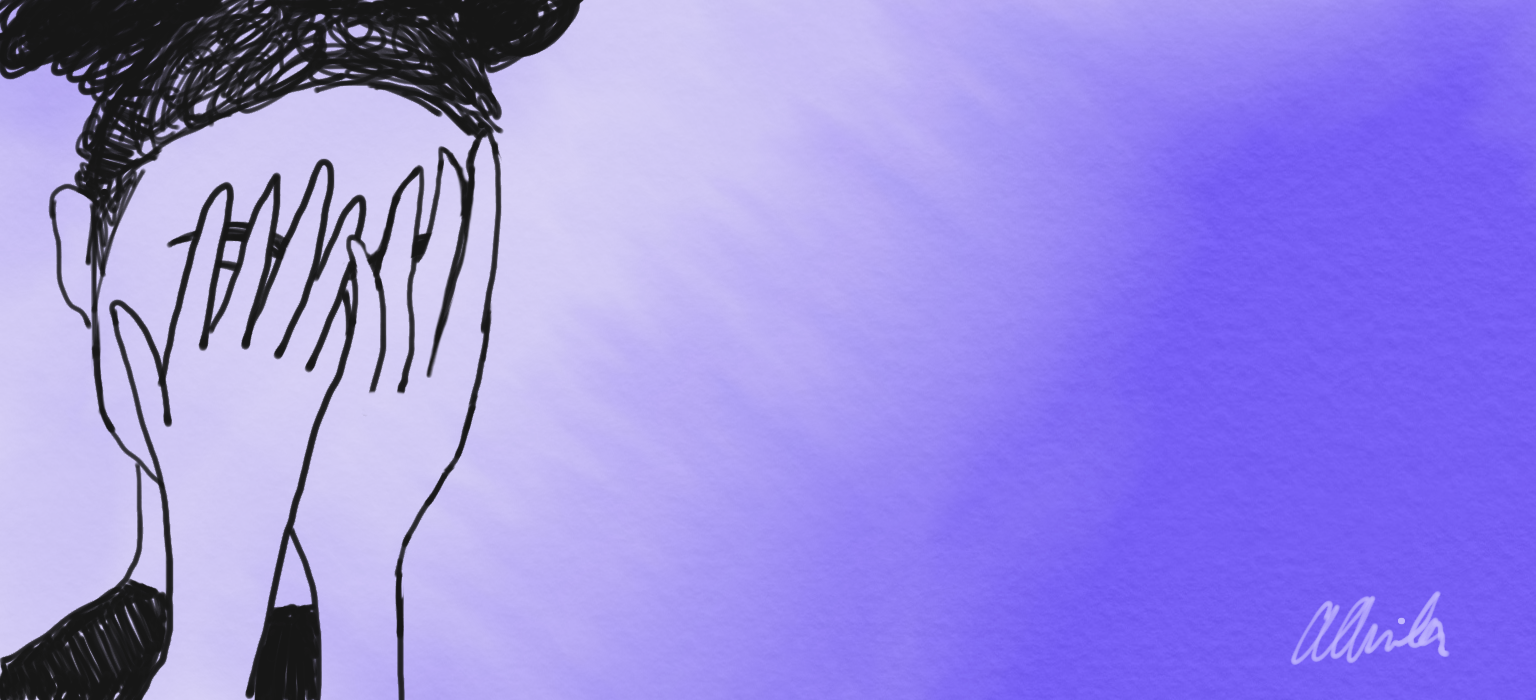*Trigger warning: Mildly graphic images and discussion of drug use ahead
Before my work-study at U of T’s Health & Wellness department, I had not heard of naloxone training or harm reduction. Harm reduction, in simple terms, refers to policies, programs, and practices that aim to reduce the adverse health, social, and economic consequences of drug use. And Naloxone is a drug that can be used to temporarily reverse an opioid overdose.[1] My training taught me how to use a naloxone kit.


If you were a student growing up in a Canadian educational system, you probably had your share of police officers visiting your school to tell you to avoid drugs at all costs. All my life, I was told that if I did drugs, I was a bad person. I can see where this sentiment is coming from – it’s no surprise that substance use can sometimes negatively impact one's quality of life. But a binary of “good” and “bad” people based on whether they engage in drug use or not is plain wrong. Someone who doesn’t use drugs isn't superior to someone who does. Yes, the effects of some drugs can be negative on one's body or life, but the person using those substances is not automatically “bad” because of it.

With the legalization of marijuana in Canada, some stigma around drug use has been alleviated. But it doesn’t stop the public judgement of those who appear high on the streets, who are ridiculed on the daily (even I’ve made my own comments in the past.) An interesting thing I learned from my naloxone training is that some homeless people use substances to make themselves stay awake because they’re afraid of being robbed when asleep. It really puts things into a different perspective for me in a way that makes me wonder: what is being prioritized in this conversation?
We’re constantly told that drug use is a choice. So, when people struggle with drug use and possibly addiction, we’re often led to believe that it’s their fault. And I used to think so too. It was hard for me to sympathize with someone who "chose" to tamper with their life when they had the opportunity to make the most of it. I believed this until someone important to me struggled with drug use. Suddenly, I felt that they deserved support; that people should’ve paid better attention to them; that I should’ve been more involved in their life. When people judge harm reduction for encouraging drug use and enabling addiction, I'm reminded that harm reduction saves lives. I would rather someone know how to take drugs safely than have their life taken away through substance use. I would rather people know how to reverse an opioid overdose with naloxone than avoid the topic altogether.

What I took away from this harm reduction training was that stigmatizing drug use does not decrease the rate of drug addiction, prevent drug use, and doesn’t aid those who struggle with drug use already. Instead, stigmatizing drug use alienates those who are struggling and gives people more reason to assume their voices don’t matter when actually, it's those who use drugs that we should listen to when trying to understand drug use itself.
[1] https://www.ontario.ca/page/get-naloxone-kits-free

0 comments on “Everything We Got Wrong About Drug Use”